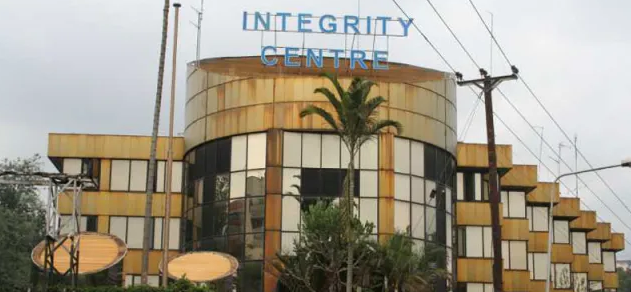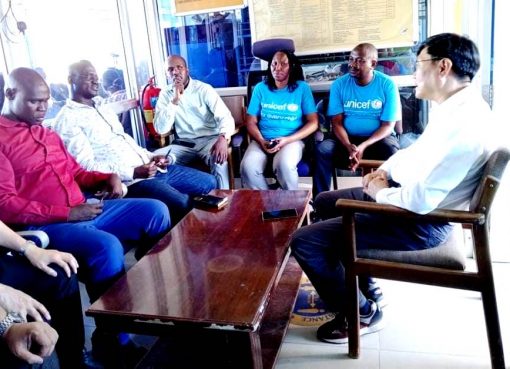The Ethics and Anti-Corruption Commission (EACC), in partnership with the Kenya Leadership Forum (KLIF), has launched the Kenya Integrity Plan (KIP) 2023-2028, a strategic blueprint aimed at tackling corruption and promoting transparency in governance.
Speaking during the launch, Attorney General (AG) Dorcas Oduor stated that the KIP launch aligns with the national and international commitments, including the Constitution of Kenya, as a comprehensive framework that emphasises prevention, detection, enforcement, and civic engagement in promoting integrity and ethics.
“The Kenya Integrity Plan provides us with a strategic roadmap to reinforce the principles of good governance and address the challenges that have hindered our collective progress under the framework of the KLIF,” she noted.
The AG added that the long-awaited launch reaffirms the unwavering commitment to integrity, transparency, and accountability in all facets of the public and private sectors.
She added that the plan establishes clear mechanisms for strengthening institutional frameworks, enhancing public service ethics, and fostering a culture of transparency and accountability.
The AG underscored that her office is at the forefront of the fight against corruption through coordinating mutual legal assistance in corruption, economic crimes, and criminal matters committed for effective investigation, prosecution, justification, and recovery of assets.
“As the office of the AG and Department of Justice, we commit to sharing legal reforms, enforcing anti-corruption measures, and promoting a transparent legal system as enshrined in KIP and other policy documents as a national anti-corruption policy,” said Oduor.
The EACC Chairperson, Dr. David Oginde, emphasized that the KIP launch aligns with the Vision 2030 and Bottom-Up Economic Transformation Agenda (BETA) of the government and all the other aspirations “that we have as a nation towards having a progressive nation that can attain economic independence.”
Dr. Oginde urged all stakeholders to support KLIF as a platform that provides an opportunity to share information and engage in practical solutions in the quest for good governance in the country.
“Corruption is a complex issue that requires collaboration between government institutions, the private sector, and civil society,” he noted.
European Union (EU) Deputy Ambassador to Kenya, Ondrej Simek, highlighted the EU’s ongoing support for Kenya’s anti-corruption initiatives to strengthen institutional effectiveness, implement legal and policy reforms, promote ethics in the public and private sectors, and foster a culture of integrity in society.
“Corruption undermines economic growth and public trust. The EU remains committed to supporting Kenya in strengthening governance through legislative reforms and institutional capacity building,” he said.
Representing the African Union Advisory Board Against Corruption (AUABC), Kwami Senanu applauded Kenya’s proactive stance.
“The launch of this plan is a clear demonstration of Kenya’s resolution to decisively tackle corruption; its successful implementation is crucial to achieving the African Union Agenda 2063,” he remarked.
The EACC Secretary/Chief Executive Officer (CEO) Abdi Mohamud stressed the importance of sustained commitment to promote ethics and integrity.
“Fighting corruption requires long-term dedication, adequate resources, and strong enforcement mechanisms,” he stated.
The Auditor General, Nancy Gathungu, in her remarks, called for up-front satisfaction, transparency, and accountability in public entities to reduce waste, misallocation, and other irregularities.
In his remarks, the President of the Court of Appeal Justice Daniel Musinga acknowledged that the launch of KIP marks a significant milestone in the country’s anti-corruption efforts, setting the stage for a more transparent and accountable governance framework.
He emphasized that the government aims to accelerate the progress and integrate activities enshrined in the KIP to deliver support for the anti-corruption effort and drive tangible results in line with BETA.
Stakeholders, including representatives from the judiciary, oversight agencies, civil society, and development partners, expressed optimism about the plan’s impact.
By Joan Ogollah and Clinton Ng’iela





